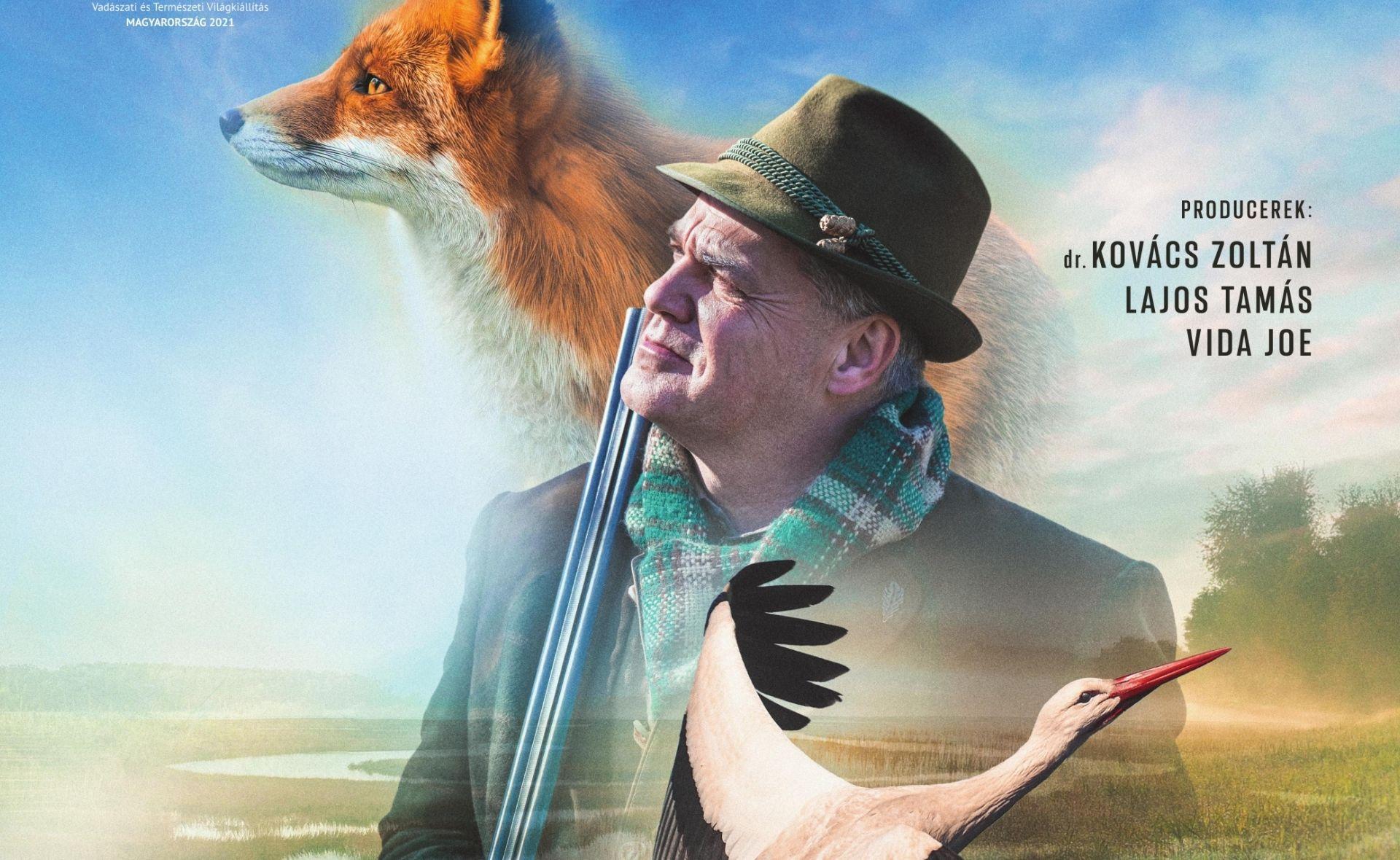1020 Wien, Hollandstraße 4
Für die Teilnahme an der Veranstaltung bitten wir um Anmeldung unter geschichte@chwien.at!
MAN OF THE MARSHES
2021, 77"
Dokumentarfilm

Regisseur: Lívia Bertha
Autor: Zsolna Ugron
Besetzung: Péter Albert, Gyula Bodrogi, János Csernák, Laura Ruttkay, Barnabás Szabó Sipos
Next to the most read writer in 20th century Hungarian literature, Mór Jókai, István Fekete is the most popular Hungarian writer of all time, and the most known representative of "forester-hunter literature". So far, ten million copies of his works have been published in Hungarian. His writings are also popular abroad, they were published in 12 countries, in ten languages. A few of his titles or characters are present in every single Hungarian's mind. Despite all of this, István Fekete, neither in his life, nor his death, could not get to a place he desired in Hungarian literature. Neither his peers nor writings of literary history following his death gave his works the ranking he fought for all his life, sometimes in a quieter, sometimes in a louder way. At the sunset of his life, with a number of popular novels behind him which were made into feature and television films, even as a made young adult writer, he writes in one of his letters, "official critique is barely or not at all concerned with my writings".
How was all that possible? Why did István Fekete become an adored author in the first half of the 20th century, then a banned and ridden, and finally, a compulsively pigeonholed one? What could he have known that none of his peers have? Where did he bring the knowledge and experience from, which appeared in his second to none descriptions of nature, hunting anecdotes, and his wonderful animal fiction, and which he used in almost every single one of his writings to convey political messages? "In other places in the world, people would have been as proud of István Fekete in his home country as the English are of Kipling. In our country, however, the real weight of István Fekete's most popular books were completely silenced in the business until the party system change. As a suppressed writer in the fifties and sixties, he wished to portray Hungary as well through lenses focused on the animal world, and he wanted to display the era's average person as he was made by contemporary politics. As punishment for this, critics have shushed his work so that his writings could only be published at the young adult publisher. The film follows István Fekete's course of life, primarily focusing on his life-changing moments, filled with historical turning points. It examines how his family life and political relations, success and failure, friendship and loss, understanding and being misunderstood affected his writing career and relationship with nature. It is also about how his special observation skills and respect for nature helped him in hunting, literature, changes in politics and the world, and his personal relationships. The film, which is built on archival documents, interviews and literary materials, was made for the 120th anniversary of István Fekete's birth and 50th anniversary of his death, with the support of István Fekete's living descendants.
In ungarischer Originalsprache mit englischen Untertiteln
Der Film wurde mit der Unterstützung des Ungarischen Nationalen Filminstituts produziert.
